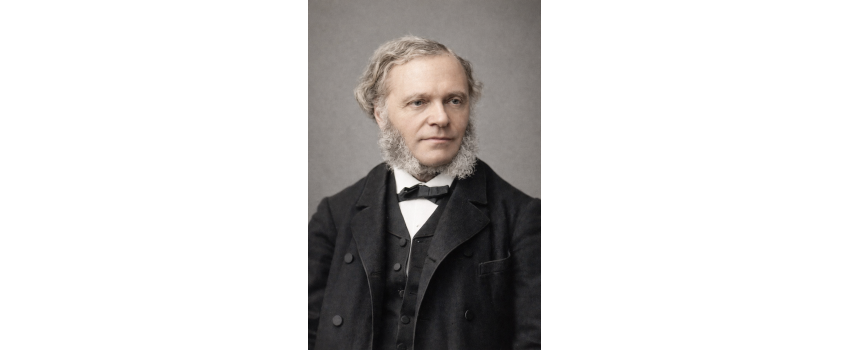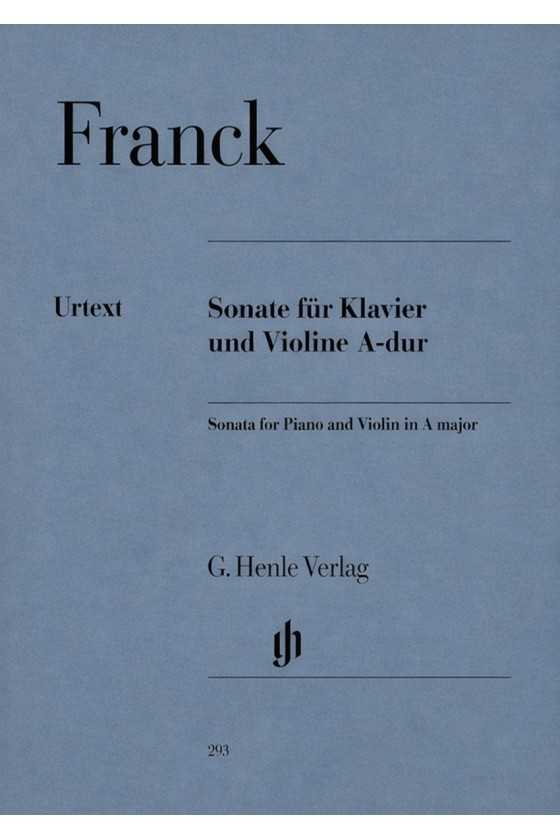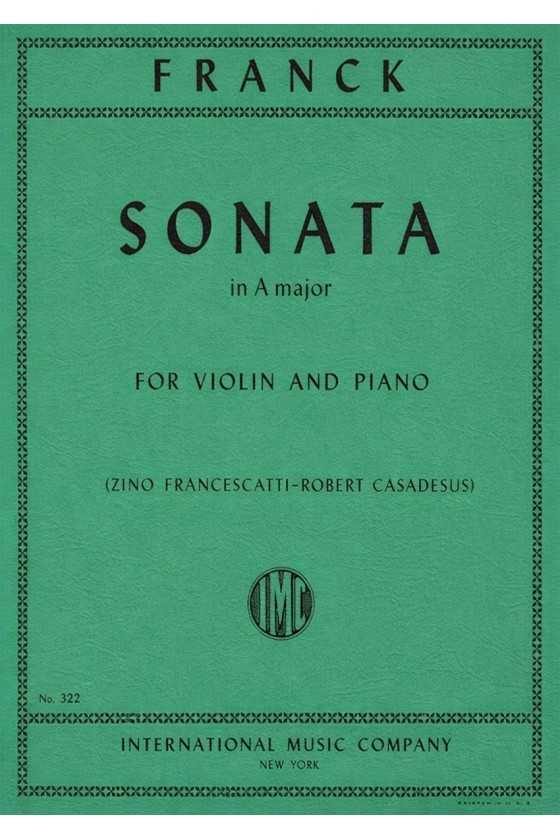Franck - Sonata in A major for violin and piano (Henle)
A masterpiece of Romantic chamber music by César Franck, the Violin Sonata in A major combines sweeping lyricism with structural brilliance. This Henle Urtext edition features fingering by Yehudi and Hephzibah Menuhin for authoritative performance guidance.
Key Features:
• Iconic Romantic sonata
• Urtext edition
• Edited by Monica Steegmann
• Fingering by Yehudi & Hephzibah Menuhin
• Premium Henle paperbound edition



